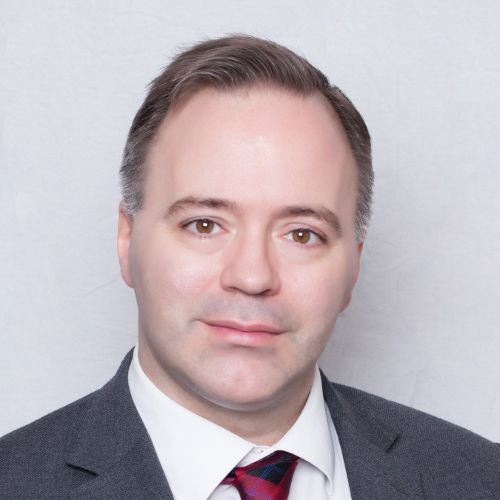The Evidence Revolution in Education has Begun

Our snake oil days are over, says researchED founder Tom Bennett – and not before time…

- by Tom Bennett

Teaching, internationally, is one of the most important sectors in society; its efficient and purposeful execution is at the heart of our ambitions.
But education has been one of the last major fields of human endeavour to embrace evidence and research as one of its fundamental principles.
Given the enormous gains that evidence based approaches have made in almost every other field, it is essential that this situation is rectified.
We now possess both the evidence bases and means to communicate them that education needs to transform itself from the ground up.
The situation of educational research today is similar to that of medicine in the 15th century, when anyone could claim almost anything, and wonder cures, miracle pills, faith healing and snake oil were not only available, but mainstream.
In this context, Brain Gym is seen as reasonable an intervention as after school revision classes; Thinking Hats as credible as textbooks.
When research can justify anything, anything is justifiable. At another level, the teacher’s voice in research is frequently marginalised. They are subject to whatever policy, intervention or bias is preferred by line management and policy makers.
Change for good
In order to raise standards teaching must become a research-informed profession, and education more generally must refer to evidence bases whenever possible.
Teachers need to become critical consumers of research.
Schools need to become places where research is discussed and put into practice by teachers critically assessing whether it will work in their classrooms.
School leaders should weigh up contextually appropriate evidence bases before making practical strategies.
Policy makers should use evidence wherever possible to guide how they design and implement their policies.
When management or governing bodies tell teachers how to teach, the latter should ask for evidence or reject such pseudo-innovation with evidence on their side.
To help achieve all of these aims, I created researchED, a platform where teachers, researchers, academics, policy makers and all other intermediaries collaboratively, scientifically work out what works in education.
There is a huge prize waiting to be claimed. In the last 10 years, we have witnessed an explosion in what we know about the essential dynamic of how the mind retrieves and stores information.
The field of cognitive psychology in particular has afforded huge opportunities to the profession by challenging and clarifying erroneous beliefs through solid evidence; yet still many problematic ideas are widespread.
If research shows us that certain practices lack any evidence or are ultimately a waste of time, is it ethically right that teachers continue to use these practices?
By collecting better evidence about what works best, and establishing a culture where this evidence is used as a matter of routine, we can improve outcomes for children, professionalise education, and use resources as efficiently and effectively as possible.
A new model
For a teacher to become a true professional, they need to be aware where experience and craft intersect with evidence, and where both end meaningfully.
Craft is personal, intuitively understood, slow to accrue, difficult to rush; research is public, understood intellectually, often gained quickly (although properly understood slowly).
But one without the other is dangerous: craft without evidence can simply become a new orthodoxy, in the image of religion, defying evidence to the contrary.
Research without craft is empty, over abstract, and can become an exercise in a priori posturing. If theory fails in practice, then the theorists need to ask why, not simply assume that practice is inadequate.
Which is why I invite all educators to get online, join the growing community of professionals discussing what evidence means to their practice, and help to build a new community where we cast aside the dogma of the past.
Tom Bennett is the founder of researchED, an international conference-based community of evidence-informed practitioners. Since 2019 he has led the Behaviour Hub program for the DfE. He tweets at @tombennett71 and @researchED1. Sign up to the free magazine at researchED.org.uk.











